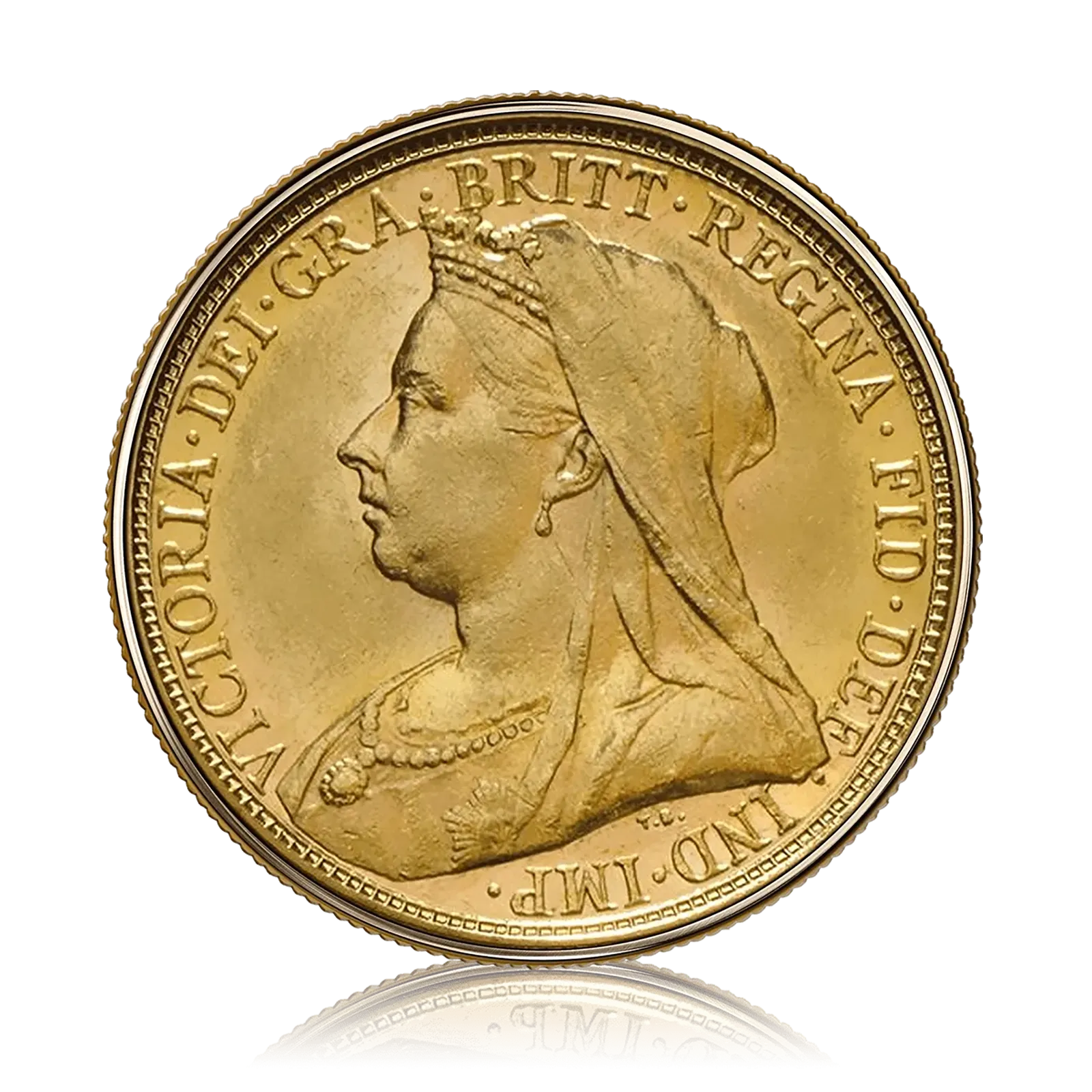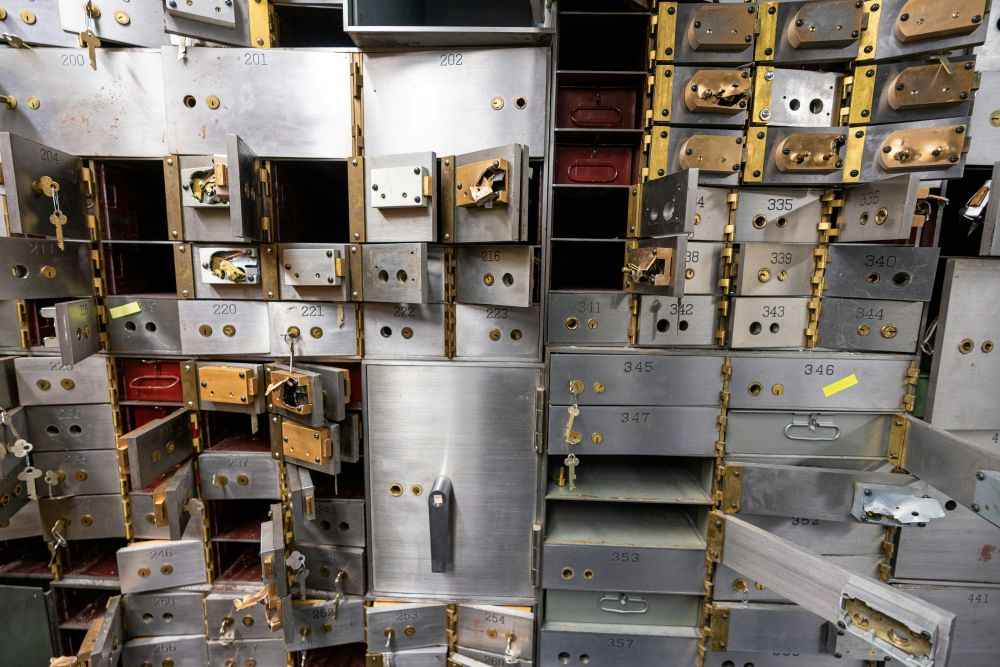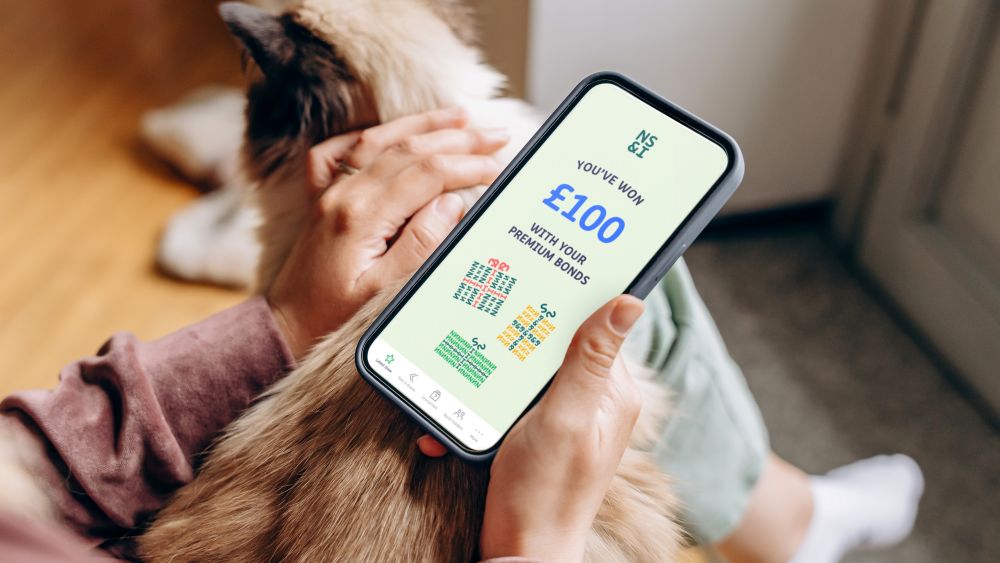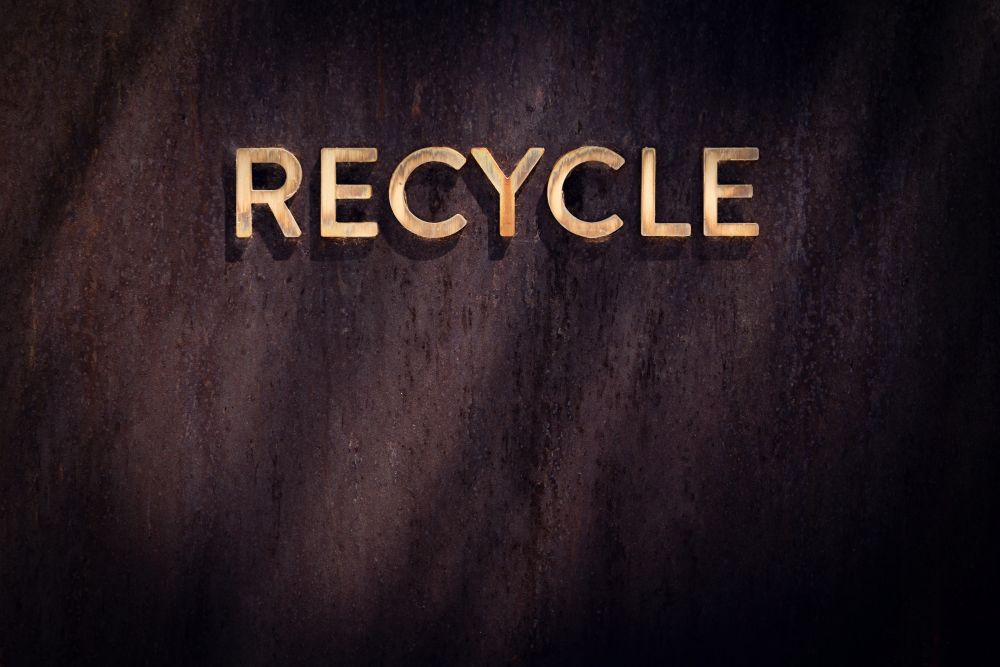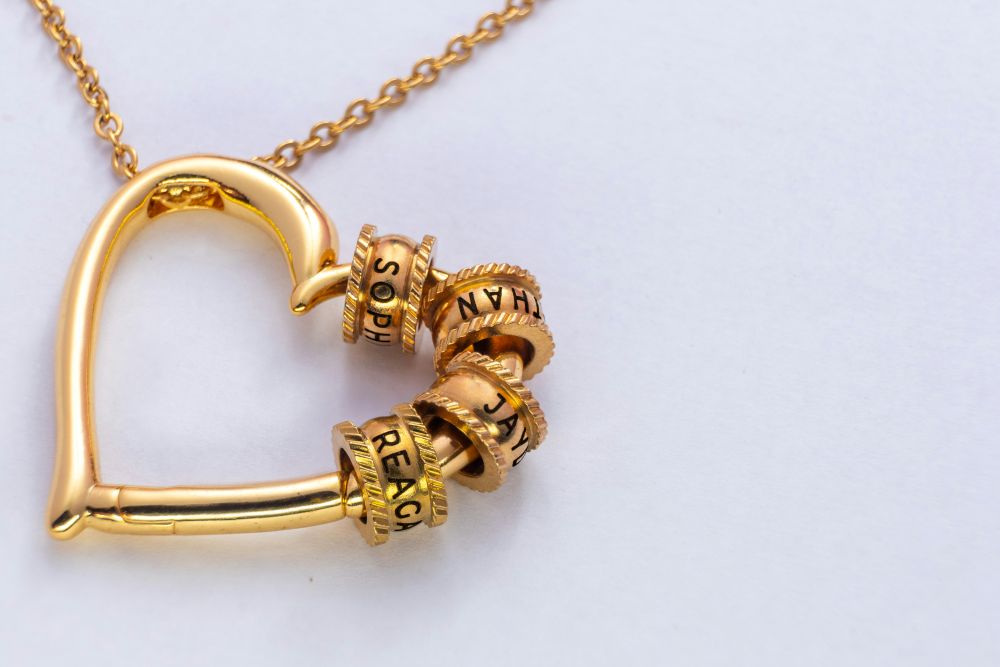Selling your gold can seem complicated, but knowing the right steps helps you get the best price and avoid scams. To sell gold safely, you need to understand what you have, get a fair quote, and choose a trusted buyer. This ensures the process is clear and secure from start to finish.
You should organise your gold items by type and purity before getting offers. Whether it’s jewellery, coins, or bullion, having this information makes it easier to compare prices and guarantees you sell at a fair value. Knowing the value and buyer’s reputation is key to protecting your investment.
Taking your time to research and follow a clear process reduces risk and gives you confidence. This guide will show you what to do at each step, so you can sell your gold with peace of mind and get the best deal possible.
Understanding Gold and Its Value
Knowing what type of gold you have, how pure it is, and the current market price is crucial when selling your gold. These factors help you understand the true worth of your items and ensure you get a fair price.
Types of Gold: Jewellery, Coins, and Bars
Gold comes in different forms, mainly jewellery, coins, and bars. Jewellery is often made with a mix of gold and other metals, which affects its purity and value. Coins can be collectible or investment-grade, so their condition and rarity also matter.
Gold bars are typically pure gold and have a standard shape and size. They are easier to value because their purity and weight are clearly marked.
When selling, you should identify which type of gold you have to decide the best place and method to sell it.
Determinants of Gold Purity and Karats
Gold purity is measured in karats (K), with 24K being the purest form. Most gold jewellery ranges between 9K and 18K. The higher the karat, the more gold is in the item, which usually increases its value.
Purity is sometimes marked on gold items, but you may need a professional test to confirm it. Tests like acid testing or using electronic devices can accurately measure gold purity.
Understanding the karat and purity helps you avoid undervaluing your gold and ensures you know exactly what you are selling.
Assessing the Current Market Price of Gold
The price of gold changes daily based on global demand, supply, and economic factors. You can check the current gold price using financial websites or marketplaces, usually quoted per gram or ounce.
Remember, sellers often get a slightly lower price than the listed market price. This is because buyers need to cover refining, processing, and reselling costs.
Tracking the current gold price helps you decide when to sell and find the best offer for your gold jewellery, coins, or bars.
Evaluating Your Gold Items

Before selling your gold, you need to know its value. This depends on weight, purity, and condition. Getting a reliable assessment helps you avoid being underpaid and ensures a fair price.
Weighing and Inspecting Gold
Start by weighing your gold items carefully. Use a digital scale for accuracy. This includes any gold jewellery, coins, or bars you plan to sell. Weight is usually measured in grams or troy ounces.
Next, check the gold’s purity. Gold purity is marked in karats (K). For example, 24K means pure gold, while 18K has some other metals mixed in. Look for hallmarks or stamps on your items to identify purity.
Inspect your gold for damage or wear. These factors may affect value, especially for jewellery. Clean gold looks more appealing, but avoid harsh chemicals that might damage it.
The Role of Certified Appraisers
Certified appraisers play a key role in determining the true worth of your gold. They have the tools and expertise to test purity and assess condition accurately.
An appraisal provides a written report stating the gold’s weight, karat value, and market value. This is often required by buyers for insurance or verification.
Using a certified appraiser protects you from scams or underpayment. If you have rare items like gold coins or bars, their knowledge is especially valuable. An appraiser’s evaluation helps you negotiate price with confidence.
Understanding Market Dynamics
Knowing how gold prices change and what affects them is important when selling your gold. You need to watch the market value and understand why prices go up or down.
Spot Price and Price Movements
The spot price is the current market price of gold for immediate delivery. This price is set by the London Bullion Market Association (LBMA), which helps establish a daily benchmark.
Gold price per gram is often quoted based on this spot price, but dealers may add fees or charges. Spot prices change throughout the day due to trading activity and global events. You should check the spot price regularly to sell your gold at a fair price.
Price movements can be sudden. They reflect supply and demand, investor behaviour, and economic news. Watching these changes lets you decide the best time to sell.
Factors Affecting Gold Prices
Several key forces affect gold prices. Economic stability plays a big role. When economies struggle or inflation rises, gold often becomes more valuable as a safe asset.
Currency strength also matters. If your local currency weakens against the US dollar, gold prices may rise because gold is priced in dollars worldwide.
Other factors include interest rates, geopolitical tensions, and market speculation. Central banks’ buying or selling of gold can influence prices too.
By understanding these elements, you can better predict gold price trends and choose when to sell for the best return.
Choosing Where to Sell Gold Safely
You need a buyer that offers fair prices and protects your gold during the sale. Finding trusted options can help you avoid scams and get the best value for your precious metals. Consider the credibility and security each buyer provides before deciding.
Reputable Dealers and Bullion Traders
Reputable dealers and bullion traders are often the safest choice to sell your gold. They trade regularly in precious metals and use live market prices to give you competitive offers. You can check their reviews and past client feedback to ensure credibility.
They usually provide secure methods for sending your gold, such as insured postage or in-person appointments at recognised offices. Many also offer free valuations before you commit. You should ask about certifications and whether they are registered with industry bodies to protect your interests.
Prices from these traders tend to be closer to the true gold market value. This makes them a good option if you want to treat selling gold as an investment or trading activity.
Jewellers and Pawnbrokers
Jewellers and pawnbrokers buy gold jewellery and sometimes bullion, but their offers can vary widely. Jewellers may pay less because they factor in the cost of remaking or reselling the gold as jewellery.
Pawnbrokers can provide quick cash but often at a lower price than dealers. Their valuation focuses on immediate resale potential rather than gold market value. You should check they are fully licensed and ask for a detailed breakdown of their offer.
If your gold items include gemstones or have sentimental value, jewellers may value parts beyond the gold content. However, for pure gold bullion, their rates are usually less competitive than bullion traders. Safety depends on choosing established shops with good reputations.
Methods of Selling Gold
You have several ways to sell your gold, each with different risks and benefits. Choosing the right method depends on how quickly you want to sell, how much control you want over the price, and how comfortable you are with the process.
Direct Sale vs Consignment
Selling gold directly means you get paid immediately once the deal is done. This is common when selling gold jewellery, coins, or bars to a dealer or a gold buyer in person. You usually receive a fixed price based on the current market rate. This option is fast and straightforward but may offer a lower price as dealers need their profit margin.
Consignment lets you keep ownership of your gold until it is sold by a third party, such as a jeweller or auction house. You set a selling price, and the seller handles the sale. You get paid only after your gold sells. Consignment can fetch higher prices but may take longer and often involves fees.
Online Gold Buyers
Selling gold online is popular because it offers convenience and access to multiple buyers. You start by requesting a quote from an online gold buyer, then send your gold items, such as jewellery or coins, through a secure shipping service.
Before you send your gold, make sure the buyer is reputable by checking reviews and ratings. Some sites offer free valuations, multiple quotes, and insured shipping. Payment methods vary, but direct bank transfer or cheque are common. Online selling can provide competitive prices if you compare offers, but the process takes a few days.
Securing the Best Price
To get the best value for your gold, you need to focus on how you negotiate and choose your payment method carefully. Understanding the current gold price and payment options can help you make informed decisions and avoid common pitfalls.
Negotiation Strategies
Before you start, check the gold price per gram online. Use reliable sources to find the latest market price of gold. This gives you a strong base when talking to buyers.
When negotiating, be clear about the value of your gold based on its weight and purity. Always ask for a breakdown of how the price is calculated.
Don’t accept the first offer right away. Buyers expect some negotiation, so politely counteroffer based on your research.
If possible, get quotes from multiple buyers. Comparing offers can give you leverage to push for a better deal.
Remember, bullion coins or bars often get better prices than scrap gold or jewellery. Highlighting this can help you negotiate.
Comparing Payment Options
The way you get paid matters for your safety and convenience. Common payment options include bank transfers, cash, and payment apps.
Bank transfers are usually the safest way. They are traceable and reduce the chance of fraud. Make sure you confirm receipt before handing over your gold.
Cash payments give immediate access to money but carry risks like theft and counterfeit bills. Only take cash in a secure environment.
Some buyers offer payment by apps or cheque, but these can take longer to clear. Factor this delay into your decision, especially if you need funds fast.
Ask the buyer about fees or delays linked to each payment method. Choosing the right payment option can protect your money and help you get paid faster.
Ensuring Safety and Security in Transactions
When selling gold, protecting yourself and your investment is essential. You need clear records and a firm understanding of legal and tax duties. These steps keep your process safe and prevent problems later.
Transaction Documentation
You should keep detailed records of every gold sale. This includes a signed receipt or contract that states the weight, purity, and price of the gold sold. Always ask for a copy of any paperwork and store it safely.
If you send gold by post or courier, use tracked and insured shipping. Keep proof of postage and delivery confirmation to avoid disputes.
Using secure payment methods, like bank transfers or trusted escrow services, reduces the risk of fraud. Avoid cash payments that cannot be traced or recovered.
Legal and Tax Considerations
You must report your gold sales accurately on your tax returns. Different countries have varied rules about capital gains tax on gold. Check your local tax authority’s guidance to know your responsibilities.
Keep invoices and proof of purchase for all gold you sell. These documents help confirm your ownership and the original cost basis.
If you sell gold bullion as an investment, be aware of any specific regulations that apply to precious metals. Knowing the legal requirements helps you avoid fines or legal trouble.
Alternatives to Selling Physical Gold
If you want to benefit from gold without selling your physical pieces, there are options that allow you to invest or keep your gold safely for later use. These choices provide flexibility and can fit different financial goals.
Gold ETFs and Stocks
Gold ETFs (Exchange-Traded Funds) let you invest in gold without owning the metal itself. When you buy shares in a gold ETF, you are buying a stake in gold that is stored and managed by a fund. This allows you to trade gold easily on the stock market.
You can also invest in gold stocks. These are shares in companies that mine or deal with gold. Their value depends on how well the company performs but is also influenced by the price of gold.
Advantages:
- Easy to buy and sell on markets.
- No need to worry about storage or security.
- Can be included in tax-efficient accounts like ISAs.
Considerations:
- Value can be affected by market risks unrelated to gold.
- No physical gold is owned by you directly.
Storing Gold for Future Investment
If you prefer to keep your gold as a physical asset, safe storage is crucial. You can choose between a secure home safe or professional vault services.
Professional vaults offer added security like insurance and climate control, reducing risks of loss or damage. This can be important if you own high-value gold items or bullion.
When you store gold this way, you keep ownership while avoiding the risk of theft or loss. You can later decide to sell or transfer the gold when market prices are favourable.
Key points for storage:
- Use insurance to cover your gold.
- Choose reputable storage providers.
- Keep records of your gold items for verification.
Frequently Asked Questions
Selling gold safely means choosing trusted buyers, getting accurate valuations, and protecting yourself from scams. Knowing how to find reputable dealers and negotiate well helps you get a fair price.
What are the safest methods to sell gold jewellery in the UK?
You should use well-known and established buyers, such as reputable jewellers or official precious metals dealers. Getting a written quote and checking reviews before you sell protects you.
Sending your jewellery through a secure, tracked postal service if selling online helps avoid loss or damage.
How can I ensure I receive a fair price when selling my gold?
Check the current market price for gold before selling. Ask for an independent valuation if possible.
Compare offers from different buyers to see which gives the best price. Don’t accept the first offer right away.
What precautions should I take to avoid fraud when selling gold bars?
Look for buyers who are licensed and regulated. Avoid buyers who pressure you into quick decisions.
Verify the buyer’s identity and business credentials. Insist on a written contract showing all terms and payment details.
Where can I find reputable gold buyers near me?
Start with local jewellers or national precious metal companies that have physical stores. Ask for recommendations from friends or family.
Use websites of industry associations to find registered dealers in your area.
Is it better to sell gold to financial institutions or local jewellers?
Financial institutions may offer more competitive prices for gold bullion. Local jewellers can be more convenient for small or sentimental pieces.
Consider your priorities: price versus ease and trust.
How do I negotiate the best rate when trading gold?
Understand the current gold price and buyer fees first. Use this knowledge to ask for a better offer.
Be prepared to walk away if the price is too low. Getting multiple quotes strengthens your negotiating position.
Sell silver scrap, old jewellery, gold coins, and platinum bars with confidence at Gold Bank. We offer a leading service to help you sell gold online UK-wide with secure collection and competitive prices. From gold bar selling to selling silver jewellery UK families have inherited or no longer use, we simplify the process for you. Call us today to see what we can do for you!
Our experts assess your items quickly and offer instant valuations with same-day payment. Whether you’re looking to offload broken items, old investment pieces, or high-value gold and platinum bars, you’ll get honest, transparent service every time. With years of industry experience and stellar customer reviews, Gold Bank is your trusted platform for turning precious metals into fast, fair cash.








 In Stock
In Stock

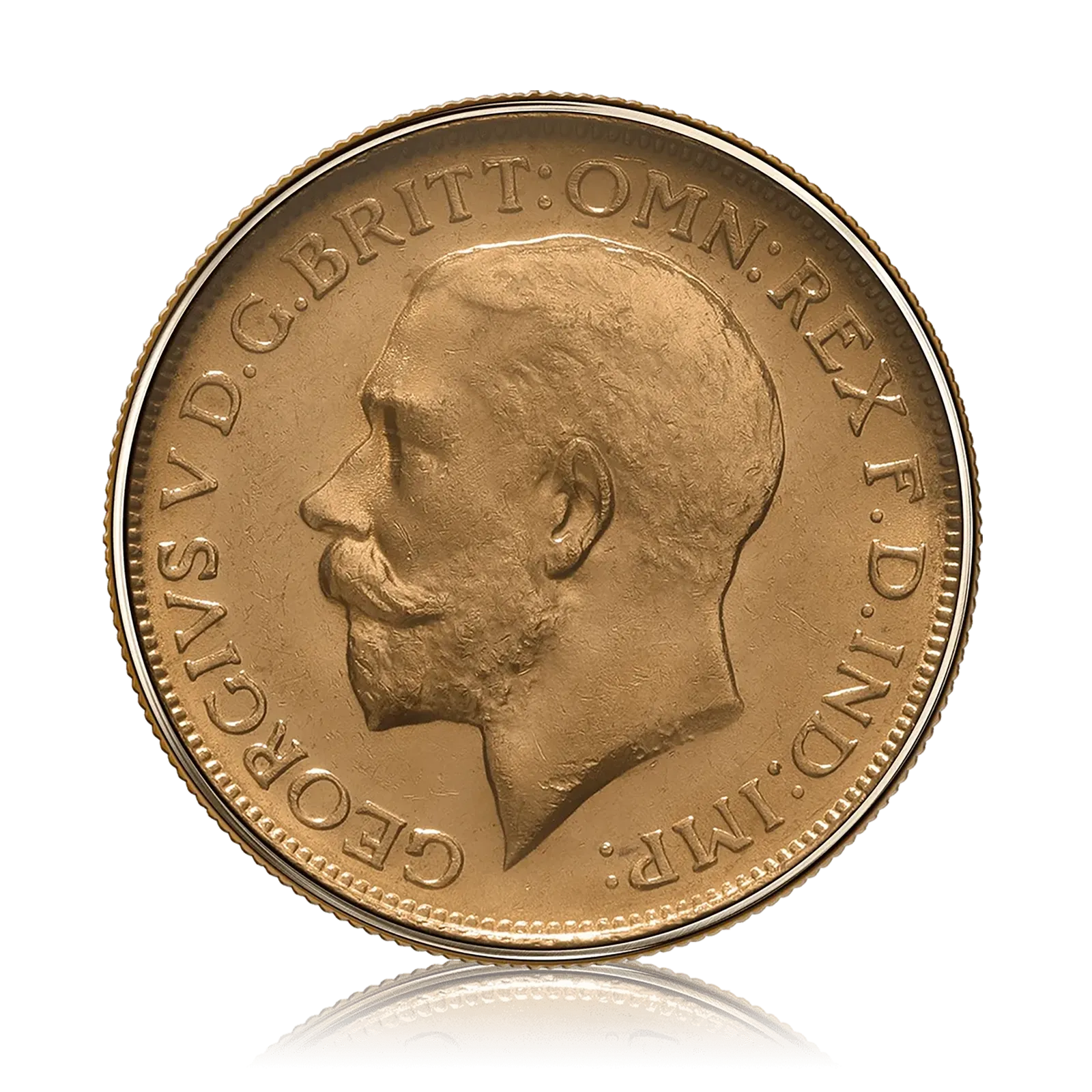
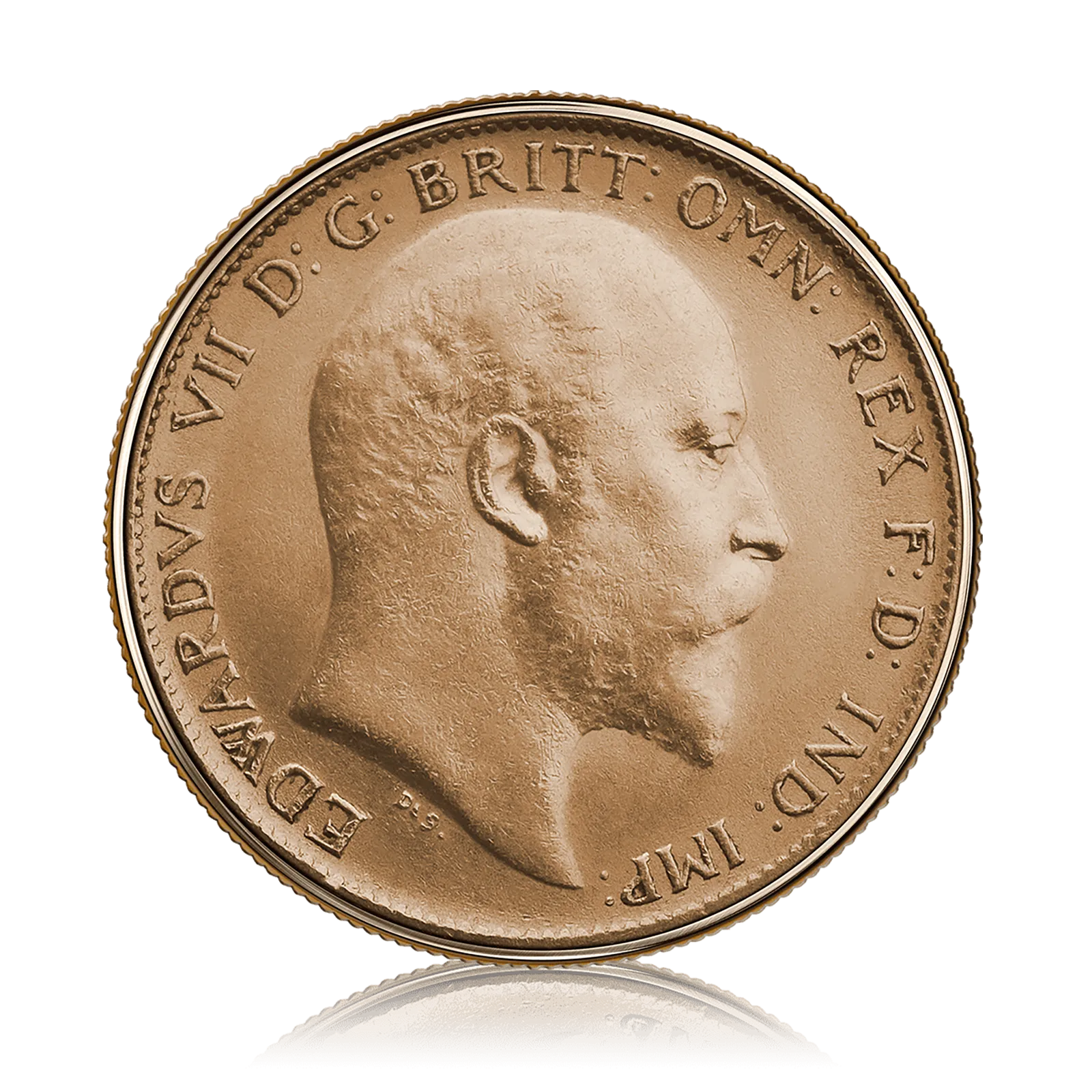
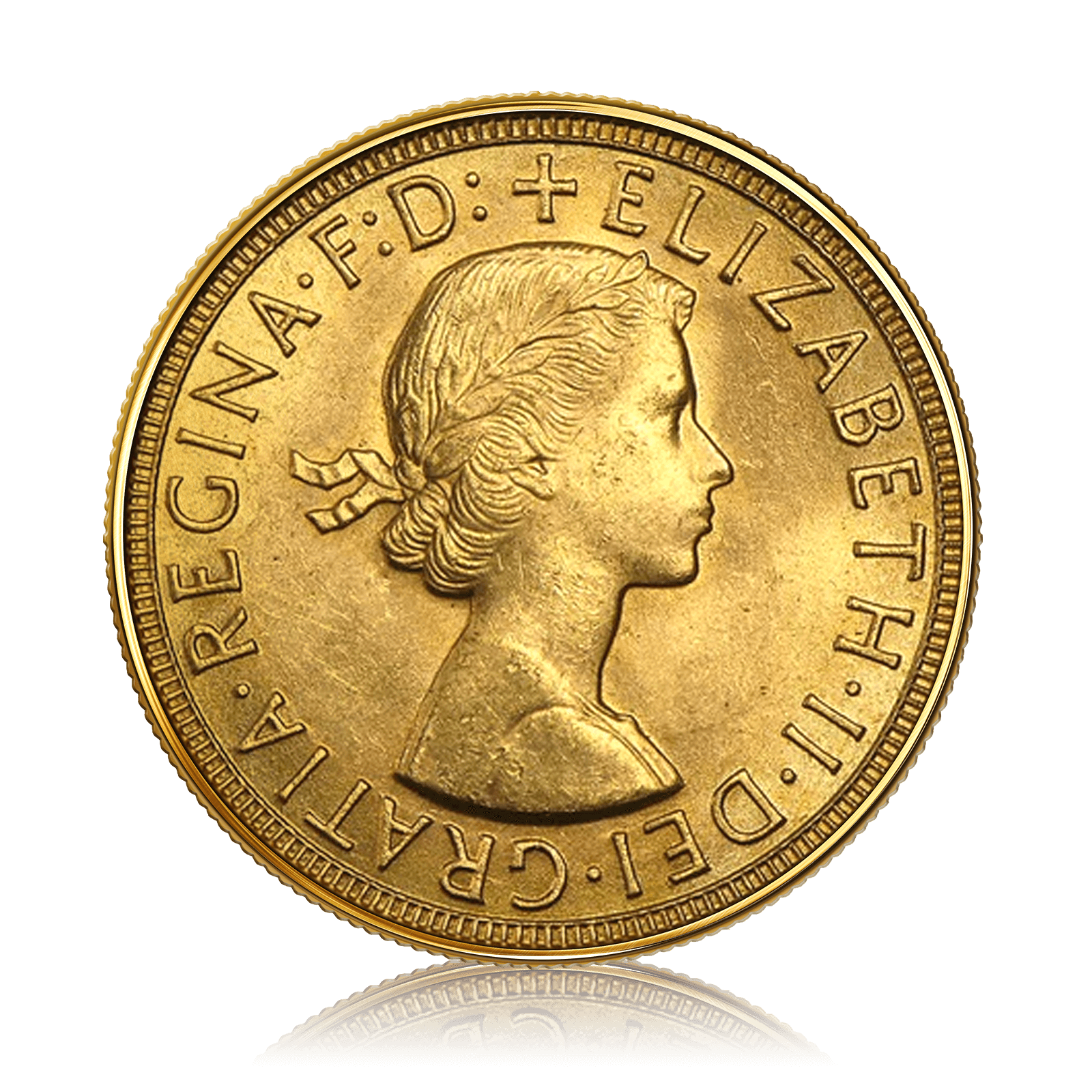
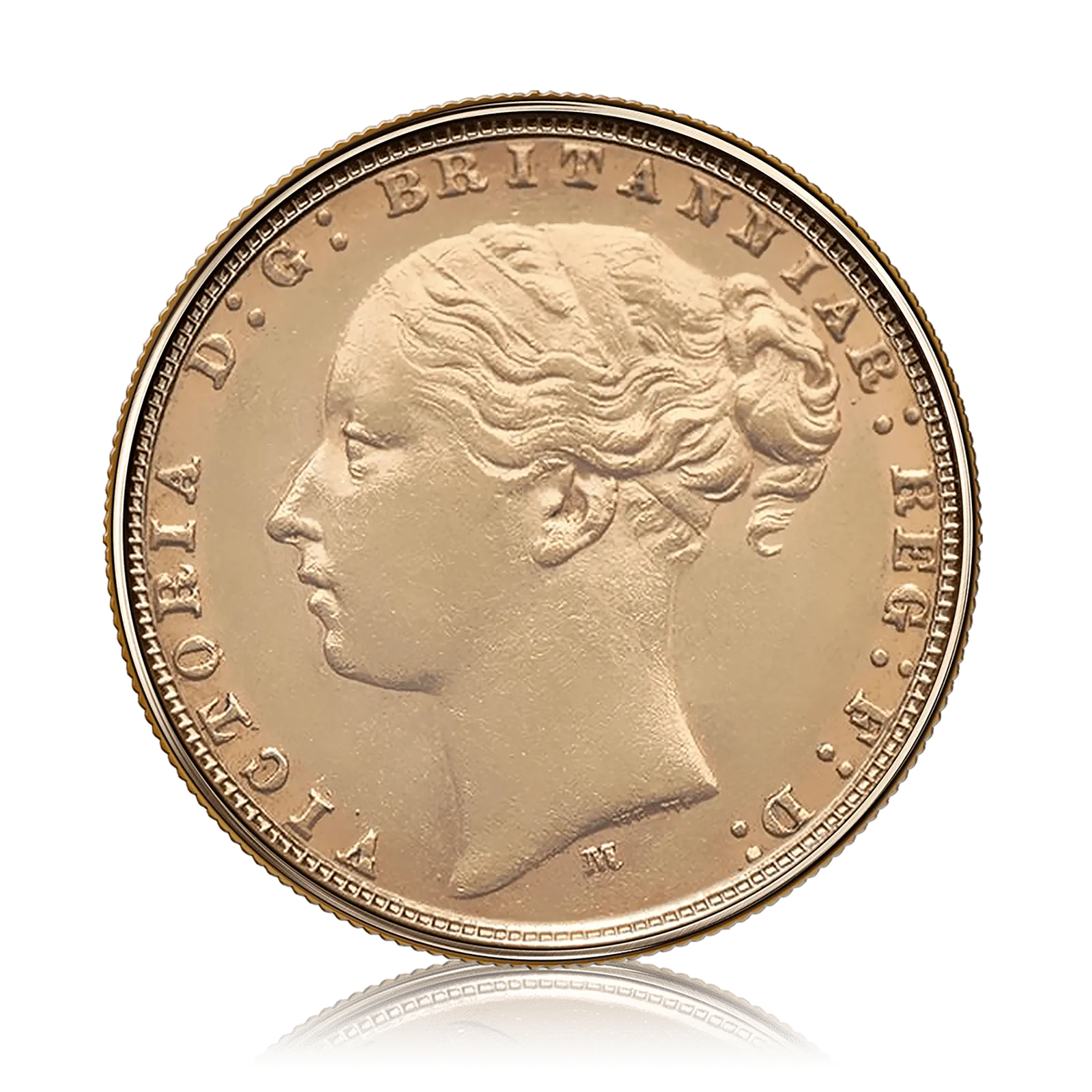
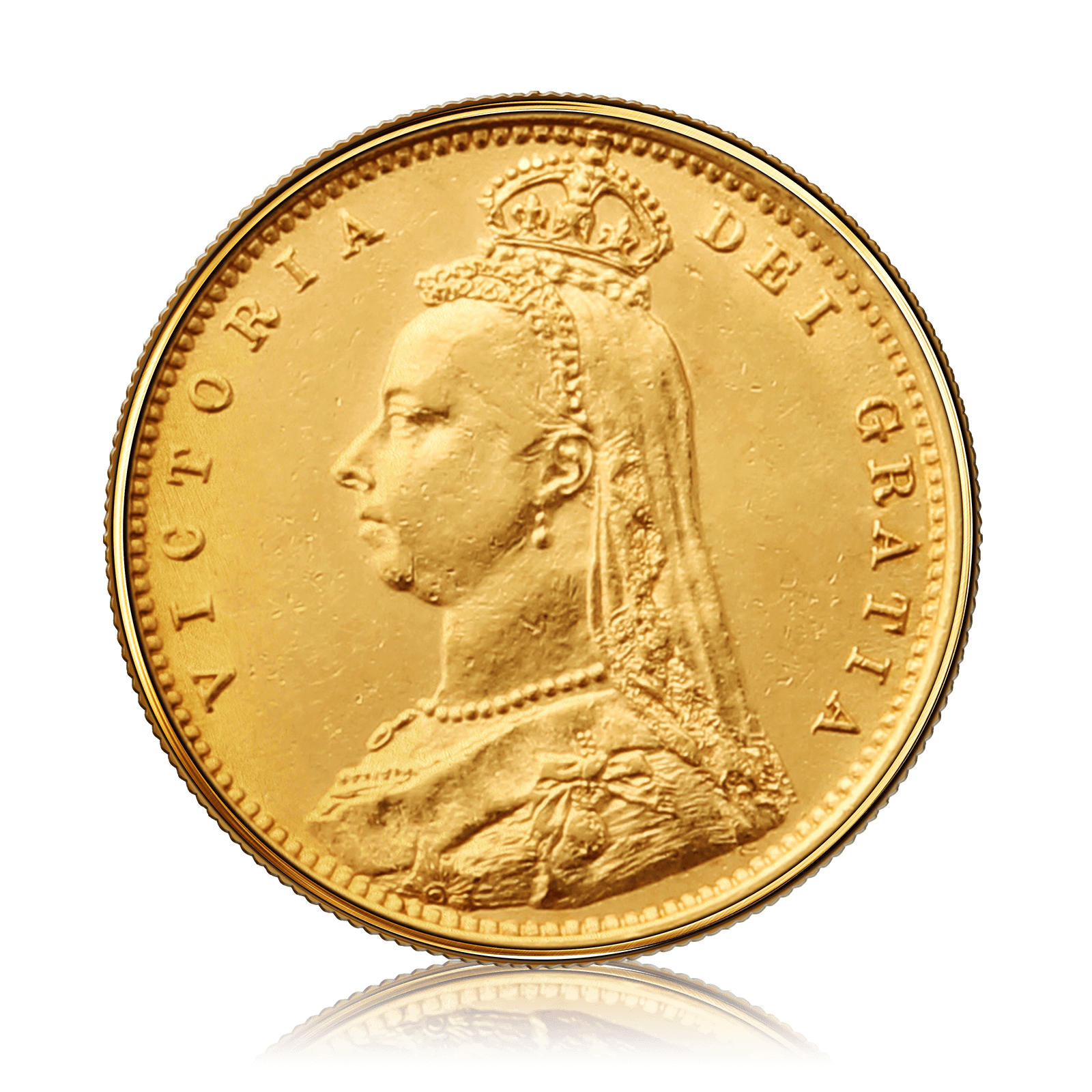
 Out Of Stock
Out Of Stock